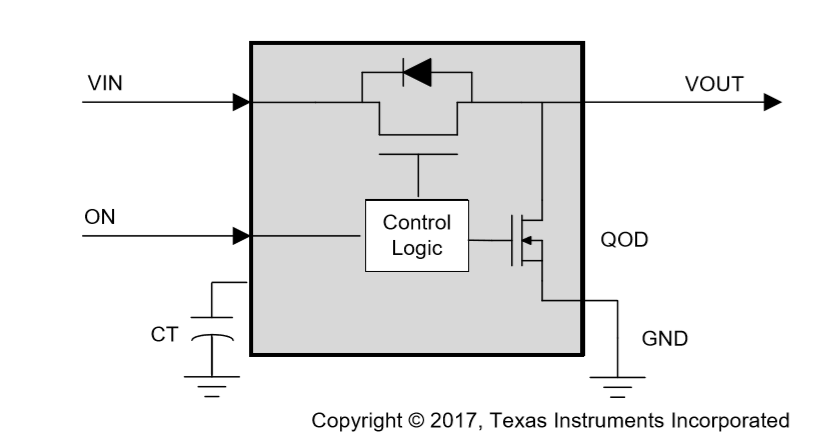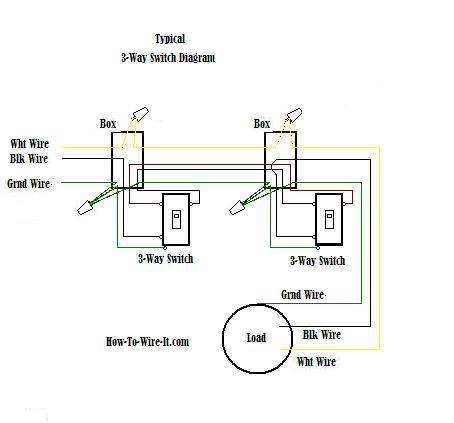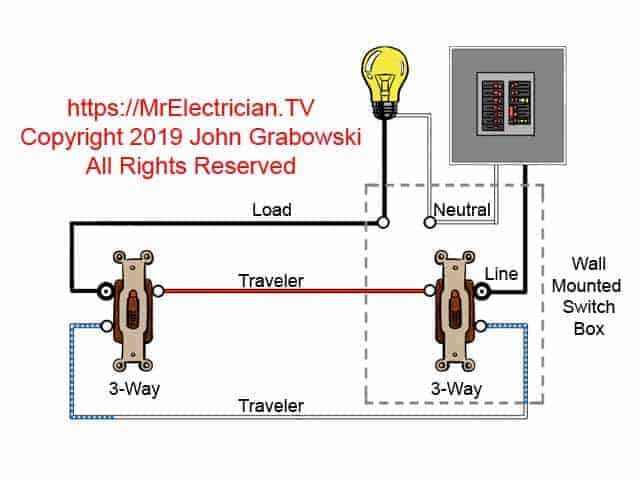If the wire is coming from the top of the switch box it is likely your load wire. At the first switch box the black wire that was run to the second 3 way switch can be connected to either the black load wire or the black line wire.

Automatic Load Sensing Power Switch Eeweb Community
Line and load switch. The load is the wire going out to the third device on the circuit and so on. The black line wire or load wire that is not connected to the second 3 way switch gets connected onto the copper or black terminal of the first 3 way switch. Ground is not shown in the diagrams below. A switch must be connected to the line side of a load and not the neutral. Load usually black sometimes red. The line and load terminals are clearly marked on such a switch and the live circuit wire must always be connected to the line terminal.
The line and load white neutral wires should be spliced together. Gfi outlets line and load terminals are also clearly marked on a ground fault interrupting outlet because the outlet contains a breaker that interrupts the current when it detects a current surge. With the first device the line is the wire running from the service panel to the device and the load is the wire running from the first device to the second device downstream on the circuit. Load wire generally connected to the top half of your switch. Is a continuation of line and goes out to downstream devices. Knowing the difference between the line and the load side of things is one of those simple pieces of knowledge that can save a lot of headache and a lot of hazing from your j man or master.
Non gfci circuits will not have a load. The traveler wires from the second switch get connected to the same two common terminals on the first switch. Especially for apprentice electricians. At the second device the line is the power source coming in from the first device. Yes there will be some slight differences on weather or not to pigtail a short wire that leads from the switch to the yellow caps the load andor line but your ground and neutral should always be pigtailed. If a switch is connected to the neutral side of a light bulb or other load the bulb will always be connected to the line even when the switch is turned off.
Completes the ac circuit and carries excess current to ground. Line wire generally connected to the bottom half of your switch. Sometimes the simplest things like knowing line vs load are the most useful. Ultimately if any of this makes you feel uncomfortable or the wiring diagrams makes your eyes cross call your local electrician. The circuit path is open and no current flows through a circuit. Comes in from the electrical panel.
Line usually black also known as hot. In some cases line wires are marked with line pwr or a lightning bolt symbol. Carries any inadvertent current away from the circuit in case of a fault.



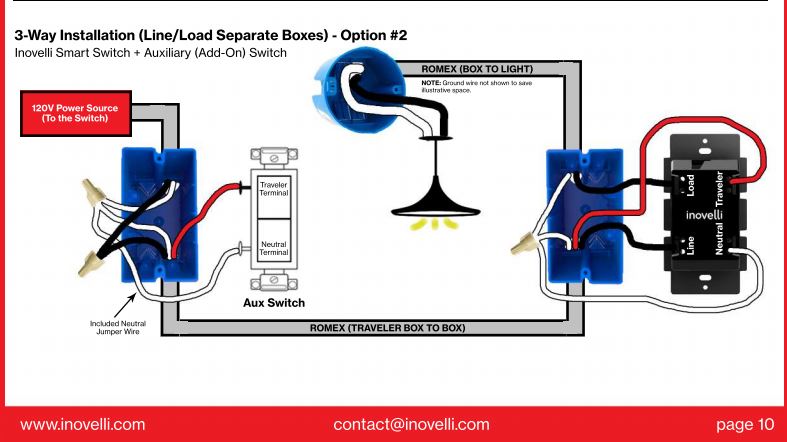
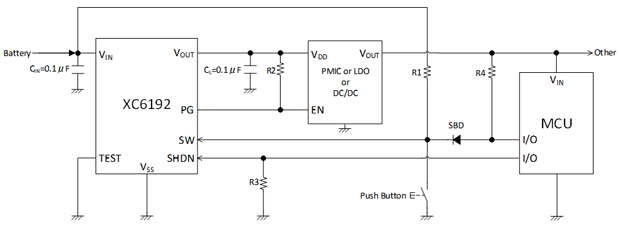


:max_bytes(150000):strip_icc()/metal-countertop-and-electrical-outlet-95445753-57ffb9c65f9b5805c27e3ff3.jpg)
